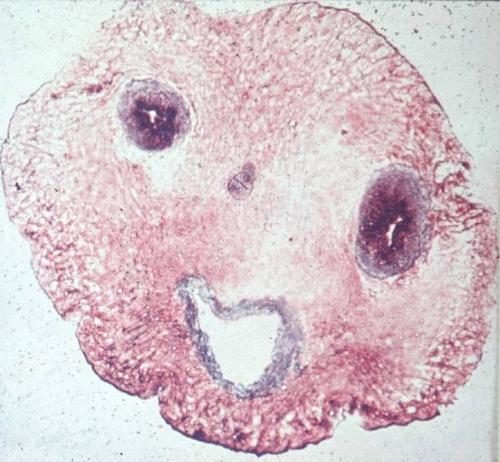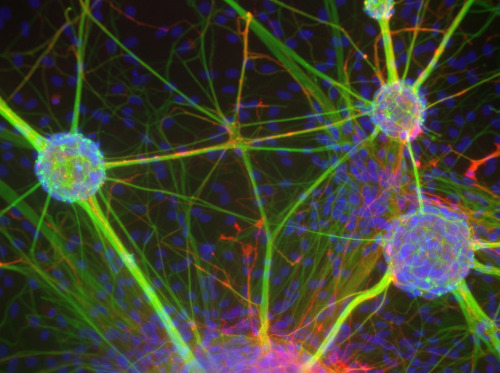Очень интересно... Как всегда грамотно написано на http://scienceblogs.com/drugmonkey/2009/05/waitcannabis_potentiates_the_e.php
Wait...Cannabis potentiates the effects of Ecstasy?
Category: Cannabis • MDMA
Posted on: May 15, 2009 5:35 PM, by DrugMonkey
Along with alcohol, caffeine and nicotine, the most-active ingredient in cannabis (Δ9-THC; "THC") is frequently co-ingested with MDMA by the Ecstasy user. There are, in fact, some suggestions that cannabis may be consumed in some cases specifically to assist with modulating the MDMA high.
Now, those that are aware of the tetrad test for cannabinoid action (necessary back before the first cannabinoid receptor was cloned in the early 90s) might think to themselves of a specific protective effect. One of the hallmarks of THC is that it reduces body temperature in rats. So if one of the problems with MDMA is that it results in high body temperature, it might be convenient if smoking a little dope had an action that reversed this physiological outcome.
This was supported by a paper by Morley et al (2004) which reported that yes indeed, if you inject a rat with 2.5 mg/kg THC i.p. it completely blocks the tympanic temperature elevation produced by 5 mg/kg MDMA i.p.
A recent study in humans suggests that caution is warranted.
Cannabis Coadministration Potentiates the Effects of "Ecstasy" on Heart Rate and Temperature in Humans. Dumont G, Kramers C, Sweep F, Touw D, van Hasselt J, de Kam M, van Gerven J, Buitelaar J, Verkes R. Clin Pharmacol Ther. 2009 May 13.
This study reports on the effects of 100 mg oral MDMA, three inhalations of about 6 mg THC (spaced at 90 min) and the combination in 13 human subjects. Plasma kinetics for the exogenous drugs, for norepinephrine and epinephrine and heart rate are reported. One of the more interesting bits, however, is reported in the following figure.
 Tympanic temperature was increased by oral consumption of MDMA, reaching a peak about 90 minutes after ingestion (consistent with the plasma peak), as one might expect*. inhaling vaporized THC did not block this effect. The first inhalation of THC (timed to pill ingestion) looks to have delayed the onset of the temperature increase. However the second inhalation did not induce further delay and temperature ultimately reached a peak change approximately equal to the one after MDMA alone. The elevated temperature was sustained up to the end of the 300 min observation interval in the THC-MDMA combined condition compared with MDMA alone.
Tympanic temperature was increased by oral consumption of MDMA, reaching a peak about 90 minutes after ingestion (consistent with the plasma peak), as one might expect*. inhaling vaporized THC did not block this effect. The first inhalation of THC (timed to pill ingestion) looks to have delayed the onset of the temperature increase. However the second inhalation did not induce further delay and temperature ultimately reached a peak change approximately equal to the one after MDMA alone. The elevated temperature was sustained up to the end of the 300 min observation interval in the THC-MDMA combined condition compared with MDMA alone.
Hmm. Looking for differences here. The biggest thing would seem to be that this level of THC inhalation did not produce a reduction in body temperature by itself in humans. The doses that decrease body temperature in rodents are fairly high ones so what were these humans receiving? Well, the inhalation procedure in this study resulted in plasma levels of 60-80 ng/ml. This NHTSA site claims that 100-200 ng/ml of THC are "routinely" observed in cannabis smokers. See this, this, this for confirmation. So the present study was perhaps on the low side of things, but then speculating exactly how much cannabis an Ecstasy user might smoke is.....well, speculative. And the study did report about a 20-30 bpm elevation in heart rate after THC inhalation that appeared to be independent of MDMA (which itself elevated heart rate by about 20-30 bpm). So it was certainly in the range of physiological relevance.
Give that this study is in humans, given the doses seem more in line with what would be expected in the user population, I'd have to put more confidence in this study than in the Morley et al (2004) rat paper. Thus it appears unlikely that cannabis smoking in the recreational Ecstasy user provides any protection against MDMA-induced hyperthermia.
The prolongation of the elevated body temperature that was the excuse for using "Potentiates" in the title? Doesn't support a strong conclusion at this stage but it certainly brings up some other scenarios for risk with subsequent dosing.
__
*Actually it is not entirely true that one might expect this. This is well below the doses used in the clinical trials. One of the initial results seems to imply not just that mean temp did not significantly increase but that no individual experienced a 1 deg Celsius increase in temperature. Liechti and Vollenweider (2000) reported no effect of 1.5 mg/kg oral MDMA on axillary temperature. Nevertheless in a dedicated experiment using an ingested remote device to measure gastric ("core") temperature Freedman and colleagues (2005) found that 2 mg/kg oral MDMA did increase body temperature under cool and warm laboratory conditions.











0 +:
Dí lo que piensas...